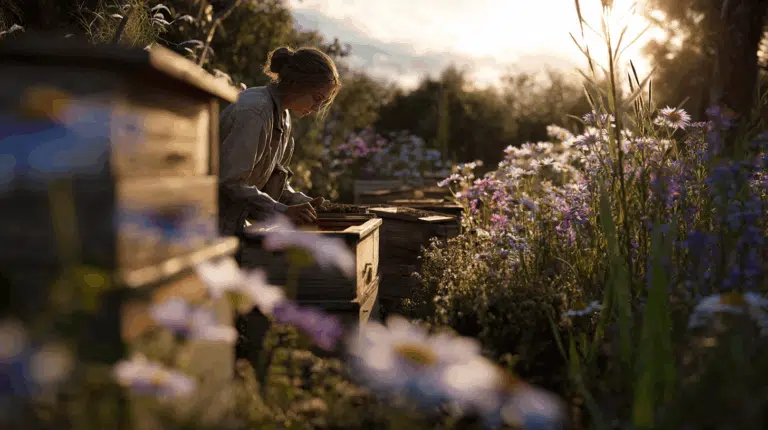Sunflowers as potted plants are compact and decorative, grow well and quickly in pots or containers, and produce sunny, cheerful flowers that brighten up your balcony, terrace or home.
With Helianthus seeds from EasySeeds.eu, you can literally bring the sun into your garden, balcony, or patio. Sunflowers are iconic bedding and potted plants that not only bloom with stunning large, colorful flowers but also radiate cheerfulness and energy. Growing Helianthus from seed as a potted plant gives gardeners the opportunity to fill their outdoor space with tall, striking flowers that draw attention and create a summery atmosphere.
Large, showy flowers.
Helianthus produces large, sun-drenched flowers in shades of yellow to orange and red, often with a dark center. Perfect for adding color and height to balconies, patios, and large window boxes.
Long-lasting blooms and easy maintenance.
Sunflowers bloom profusely from mid to late summer. They are easy to care for and suitable for both novice and experienced gardeners.
Bee-friendly and ecological
The nectar and pollen of Helianthus attract bees and butterflies, which contributes to biodiversity and a healthy garden environment.
Pots & Planters – Add height and color to larger pots or planters on patios and balconies.
Borders and patios – Combine sunflowers with shorter flowering plants for a dynamic effect.
Combinations with other bedding plants – Mix Helianthus with Petunia, Tagetes or Zinnia for a colourful and playful effect.
Cut flowers – Strong stems make Helianthus ideal as a cut flower for bouquets and indoor decorations.
Sowing time – Sow indoors from March to April or directly outdoors after the last frost.
Soil & Location – Use well-draining seed compost and choose a sunny location for optimal growth and flowering.
Care – Keep the soil moist during germination and the initial growth phase; feed regularly for strong, healthy plants.
Hardening off – Gradually acclimatise young plants to outdoor conditions before transplanting them into pots.
Maintenance – Remove any wilted flowers to prolong flowering and keep the plant healthy.
At EasySeeds.eu, you'll find a wide range of Helianthus seeds , selected for their germination rate, color intensity, and flowering intensity. Whether you want to brighten up your balcony, fill patio pots, or create a sunny patio, our Helianthus seeds will help bring your garden to life in every season.
🌻 Discover our range now and order easily online – buy Helianthus (sunflower) potted plant seeds at EasySeeds.eu!

Yes, many Helianthus varieties are suitable for pots, both indoors and on a balcony or terrace.
How much sunlight does a sunflower in a pot need?
Yes, be frugal with fertilizer and water, and don't use a pot that's too large. With too much fertilizer or a pot that's too large, the plants will grow more vigorously than desired, and support with a stake will be necessary.
Sunflowers are annuals and die after flowering. As a houseplant, you can still enjoy them for a long time, provided they have sufficient light and warmth.
They do grow, but the flowers become smaller and less numerous. At least 6 hours of light is recommended.